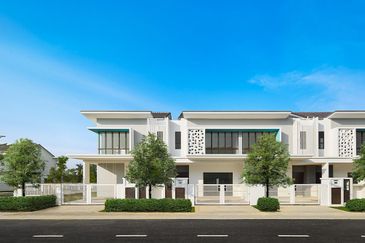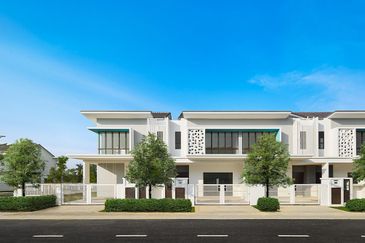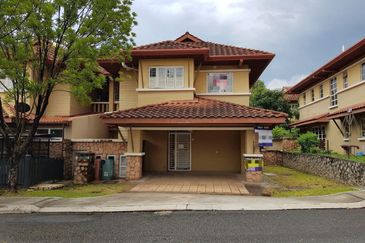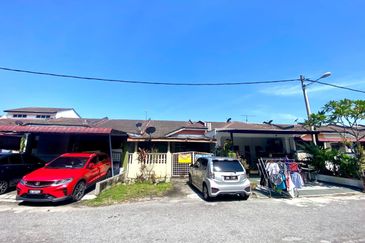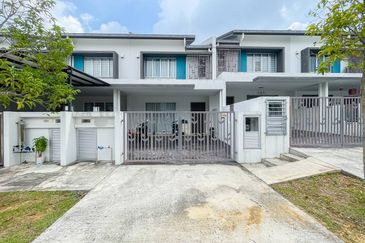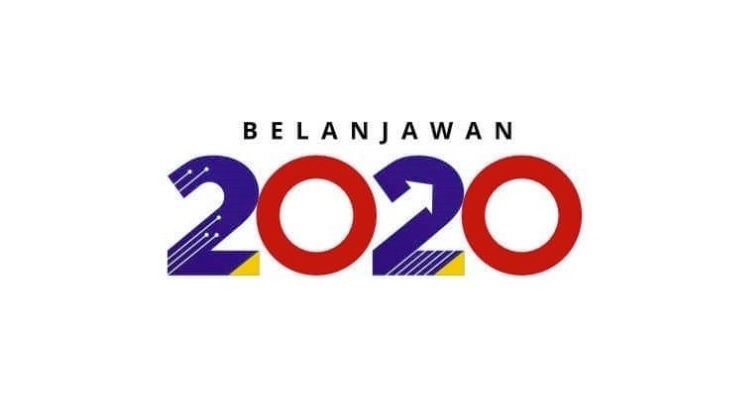
PETALING JAYA (Oct 11): Economist and investment bank analysts view the Malaysian Budget 2020 as a positive one that will improve overall market sentiments.
RHB Research Institute senior analyst Loong Kok Wen deemed the property-related measures announced in the Budget 2020 today as “neutral to positive” and expect market sentiments to be slightly lifted.
Announcements such as the Cabinet’s approval of the proposed offer to acquire Shah Alam Expressway (Kesas), Damansara-Puchong Expressway (LDP), Sprint Expressway (SPRINT) and SMART Tunnel (SMART); the continuation of the Rapid Transit System (RTS) between Johor Bahru and Singapore; reiteration that the Bandar Malaysia development will proceed and tourism-related policies are expected to send positive signals to the market, she elaborated.
“These will send a good signal to the market. It should provide a relief for the property sector but I won’t say that it will be a significant (uplift) because we need to see the earning numbers that are due to come in as well as the execution of some policies by the government,” she said.
Alliance DBS Research senior analyst Quah He Wei noted that the lower threshold for foreign property ownership will address the property overhang problem, now the most pressing issue of the property market.
“Although Malaysia has not been one of the most popular property investment destinations for foreign investors, by lowering the threshold, it is a good start for developers to reduce their overhang properties,” he noted.
Affin Hwang Investment Bank Bhd senior associate director Loong Chee Wei concurred that coupled with the ongoing Home Ownership Campaign, the lower foreign buying threshold is expected to clear some of the overhang units in the country, of which 77.5% of the total overhang of 32,207 units as at the second quarter of 2019 are condominiums and serviced apartments costing RM600,000 and above, according to data from the National Property Information Centre (Napic).
But Kok Wen noted that while the government’s move is a “good thing”, she is concerned about the execution of this policy as it is subject to the respective state governments.
“Whether the state governments want to follow or not really depends on them, because land is a state matter, she said.
Revision of RPGT base year
Quah added that another good news for property owners is the revision of the base year of the Real Property Gains Tax (RPGT) to year 2013, from year 2000 in Budget 2019.
“Although the market looks forward to the abolishment or RPGT or to revert to previous tax scheme, this is still considered a good move especially for the property owners who have held their property for over 20 years,” he said.
Kok Wen from RHB also considers the move to revise the RPGT base year as a good move.
“It is a good move by the government as 2013 was the year when the market was at its peak, so it means that the RPGT that one has to pay will not be that significant relatively,” she explained.
All in all, it is sending a good signal to the market but the immediate spillover to the market is too soon to say, but they are on the right track, she said.
Meanwhile, SERC executive director Lee Heng Guie is happy to see that the property sector has gotten some relief from Budget 2020, especially the announcement to lower the threshold of foreign property ownership from RM1 million to RM600,000 and the revision in the base year of the RPGT.
“It’s a budget that does not overstretch the country, keep the deficit at a healthy level towards mid-term stability and a budget for future development, as there are several incentives given to promote technology or digital sectors which could enhance Malaysia’s competitiveness,” he noted.
Professor of economics at Sunway University Business School Dr Yeah Kim Leng also reckoned that Budget 2020 is a balanced budget that aims to increase household incomes while lowering the cost of living.
“This is a budget that ensures fiscal prudence while covering all the core components to ensure the country continues to achieve moderate growth amidst global economic uncertainties,” he told EdgeProp.my.
Budget 2020’s emphasis on technology and the digital sector is timely as Malaysia is in urgent need to switch from a high labour intensive economy to knowledge based economy, he said.
The measures and tax incentives that promote the technology and digital sector, he added will have a positive impact to level up the value chain, create new job opportunities and eventually increase household income.
For homebuyers who face difficulties in securing home loans or downpayments, Yeah saw there’s a good opportunity for them as the newly announced budget has provided financing up to RM10 billion to financial institutions to offer rent-to-own schemes.
“With this, it could offer an additional avenue for the first time homebuyers to own their house with an easier entry point,” he said.
Although the RTO scheme could encourage more banks to participate, RHB's Kok Wen believed that the interest from developers would remain lukewarm given the discounts and deferred payments terms that they have to accept.
TOP PICKS BY EDGEPROP

Bandar Puncak Alam
Bandar Puncak Alam, Selangor

Bandar Puncak Alam
Bandar Puncak Alam, Selangor
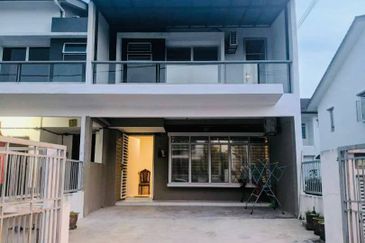
Camellia Residence, Bandar Tasik Kesuma
Semenyih, Selangor
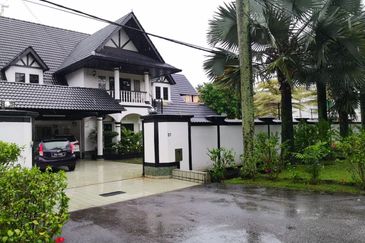
Seksyen 7, Petaling Jaya
Petaling Jaya, Selangor

Perdana Exclusive Condo
Damansara Perdana, Selangor

Bandar Kinrara 2
Bandar Kinrara Puchong, Selangor

Bandar Kinrara 2
Bandar Kinrara Puchong, Selangor
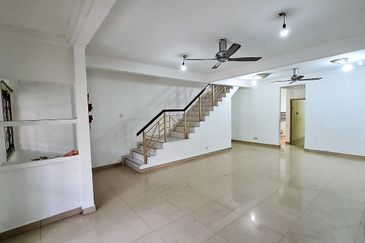
Bandar Kinrara 5
Bandar Kinrara Puchong, Selangor

Bandar Kinrara 5
Bandar Kinrara Puchong, Selangor
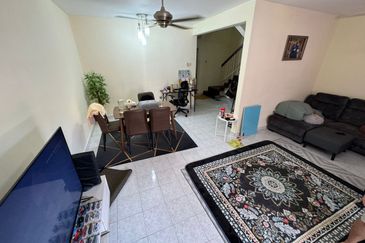
Bandar Kinrara 5
Bandar Kinrara Puchong, Selangor
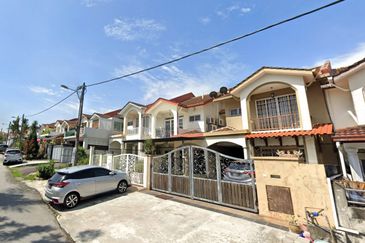
Bandar Kinrara 5
Bandar Kinrara Puchong, Selangor

Bandar Kinrara 5
Bandar Kinrara Puchong, Selangor
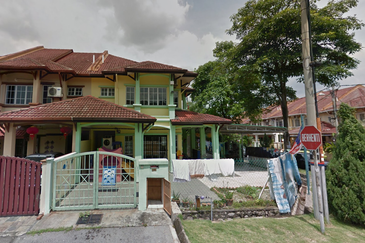
Bandar Kinrara 3
Bandar Kinrara Puchong, Selangor
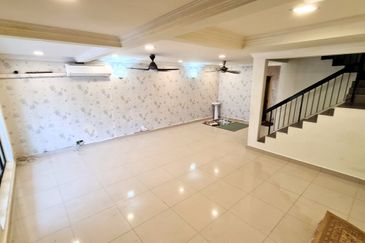
Bandar Kinrara 5
Bandar Kinrara Puchong, Selangor
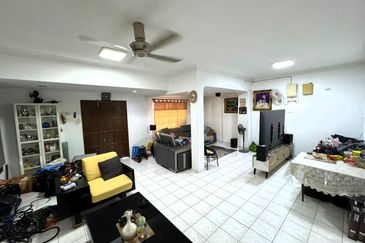
Bandar Kinrara 5
Bandar Kinrara Puchong, Selangor

